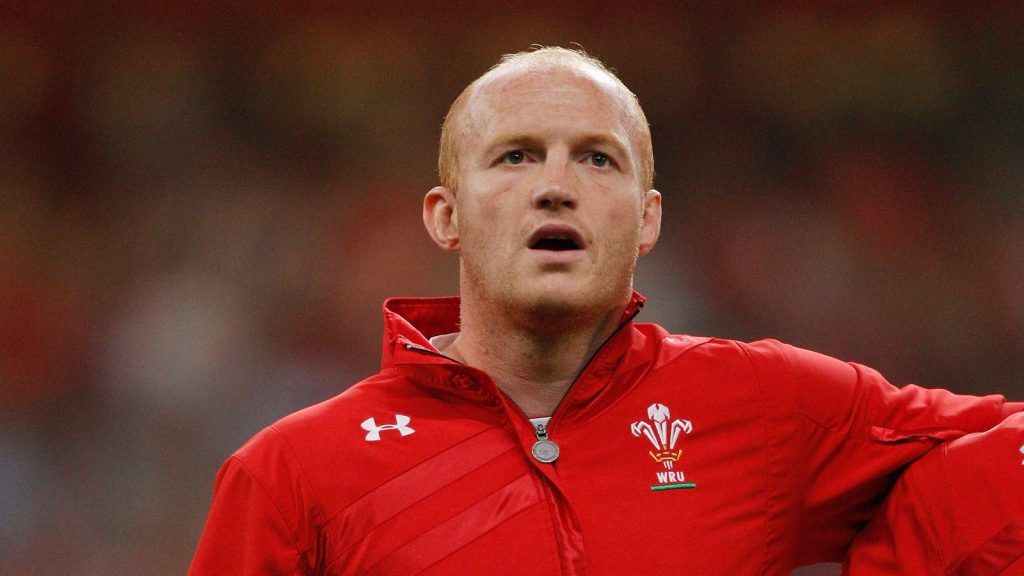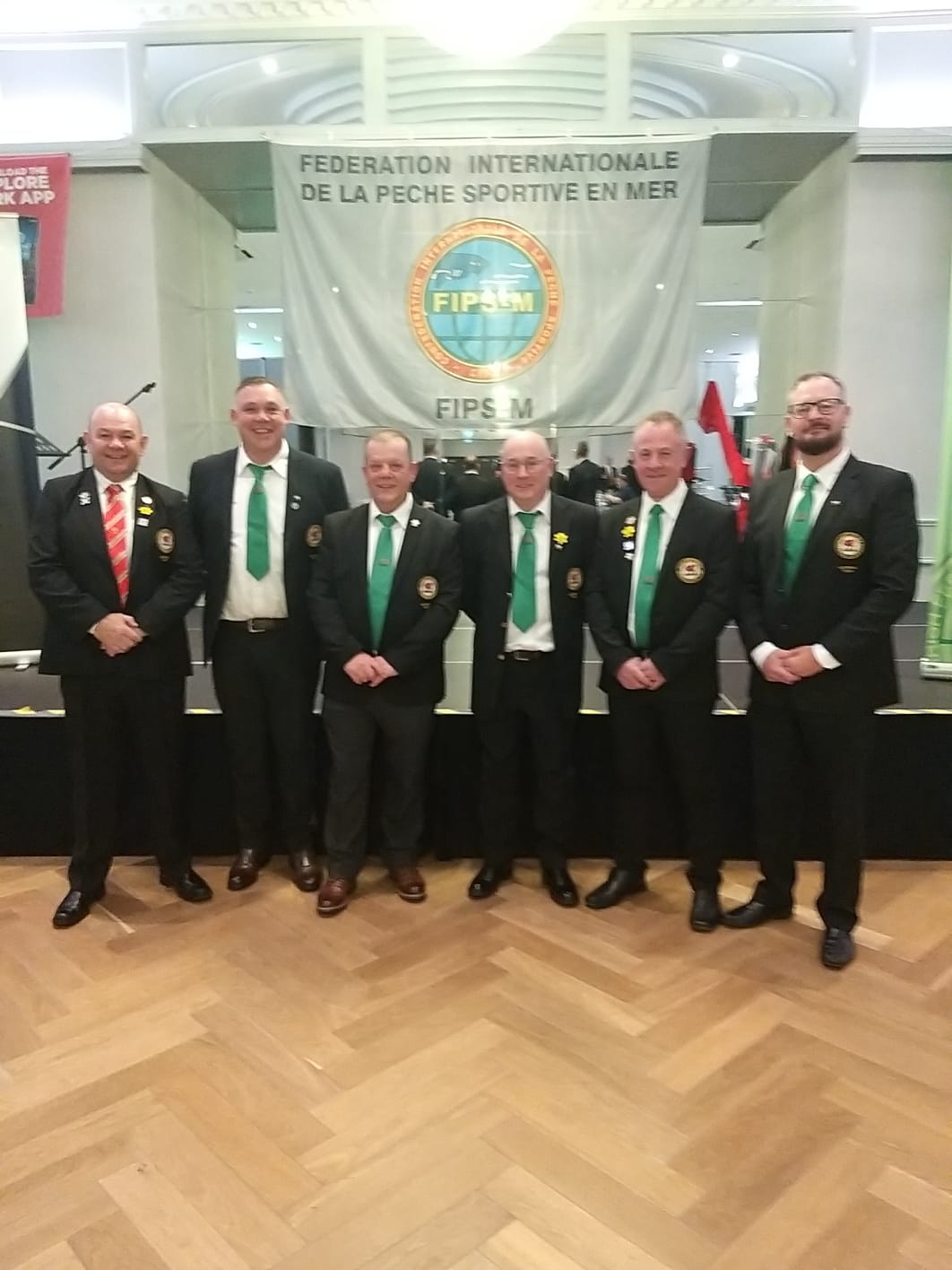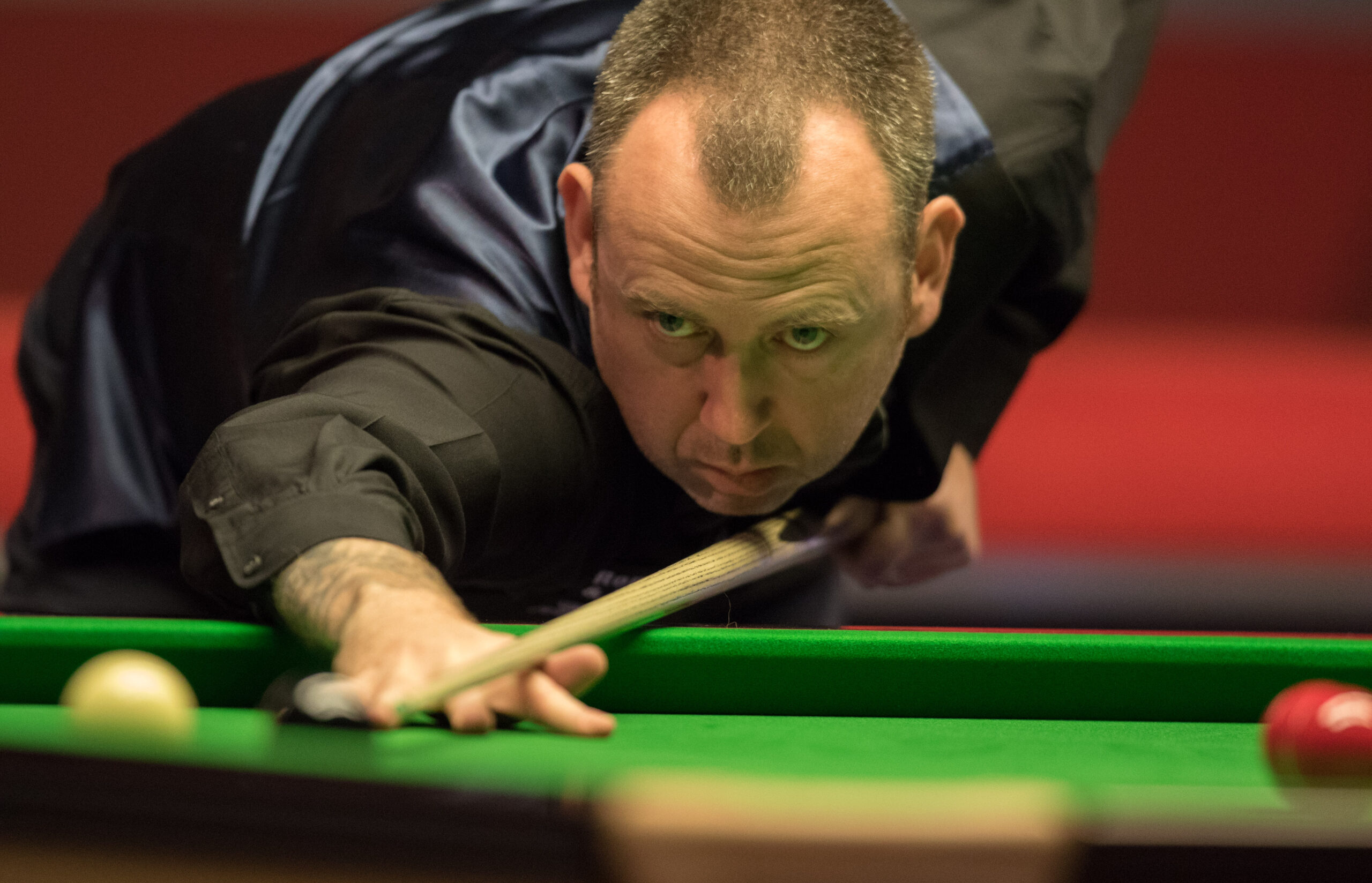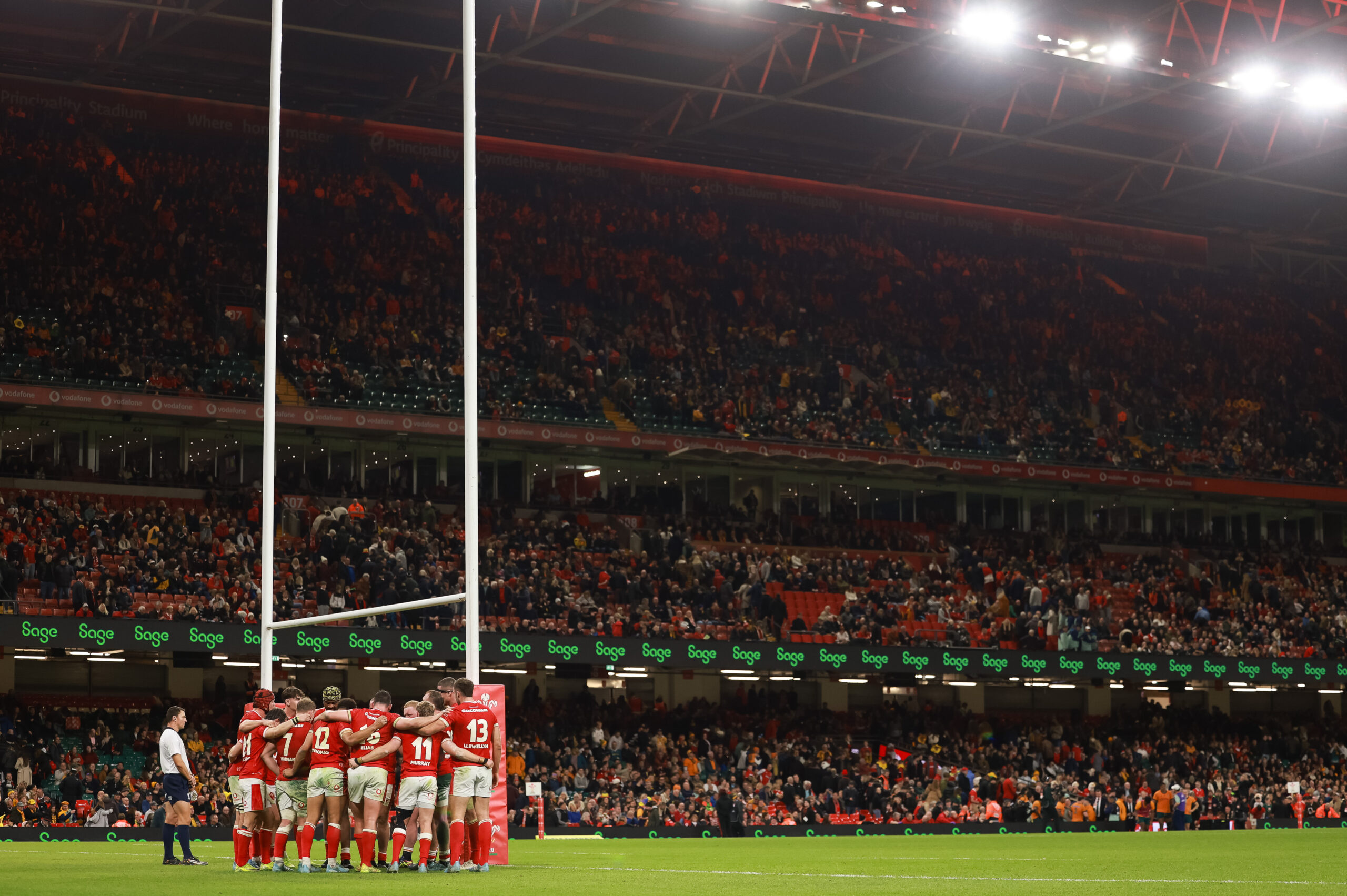Martyn Williams Talks Of Importance And Ruthlessness Of Rugby World Cup Camp Prep
Martyn Williams went to three World Cup tournaments with Wales but was broken before he could make a fourth.
 The one he didn’t make was the 2011 tournament in New Zealand, the first Wales attended with Warren Gatland as their coach.
The one he didn’t make was the 2011 tournament in New Zealand, the first Wales attended with Warren Gatland as their coach.
Williams – now Gatland’s right-hand man as team manager for the national team – knew the game was almost up 13 years ago. As he neared 100 caps, the then 36-year-old was under enormous pressure for his place in the team from a young Sam Warburton, and his body was starting to fail him.
But it was in Poland – at an infamous training camp in a town called Spala – that Williams realised he wasn’t going to make World Cup number four.
“I went to Spala and it was brutal,” he recalls.
“I didn’t make the 2011 World Cup squad in the end, but I went on those two camps to Poland. They were hard. But that was the foundation for the next 10 years.
“That was their first World Cup camp for so many players and it laid down a marker for the future. That is how hard you have to train.”
Roll on a dozen years and Williams is helping manage the latest training camps as Wales prepare for the 2023 tournament in France.
It’s been a three-pronged prod of pain, a tricolour of sweaty trials and tribulations that began at the squad’s Vale of Glamorgan base near Cardiff, moved on to the high Alps in Switzerland, and finally turned up the heat fully in Turkey.
But Spala remains the most legendary of all the brutal Welsh World Cup camps. The daddy. Perhaps Gatland, younger and less experienced, pushed things a little too far.
You only need mention the word – Spala – and players who survived it still flinch when they remember the ice baths before breakfast, the relentless running, the endless weights and the weariness that seeped into their bones. More than one player admits they would curl themselves into a fetal position late at night and hope the whole thing would go away.
Things may have moved on. Certainly, there is more attention to mood and morale and the intention is not to break anyone, physically or emotionally.
But Williams admits the current camps have been . . . demanding.
“The first couple of sessions, the players were on their hands and knees. But it’s the best way to get to know people by going away together and working hard.
“They have three days off in 14 and it is pretty intense. We are pushing them right to the edge, but the idea is not to break them.”
The brutality of the camps has been regularly referenced in the build-up to France, but then it has been a bruising year for Welsh rugby in so many ways. The regions have been forced to make huge cuts in their spending and many of the players who are in the Wales squad are not going to be returning to Wales to resume their livelihoods next season. They are heading elsewhere.
The Welsh Rugby Union have had to tighten their own belt, but Williams insists the heavy spending it takes to get ready for a World Cup could not be undermined.
“Everyone is under the pump on budgets these days and the national team is no different,” says Williams.
“We are mindful of that, but with high performance at this level you have to be very careful what you cut. It is about ensuring the players get everything they need so they can have no excuses.
“World Cup camps do cost, but everything we are doing has been in the budget for two and a half years. The amount of effort and work that goes on behind the scenes is amazing because it is such a big group – attention to detail has to be spot on.”
After three tournaments as a player in 1999, 2003 and 2007, this will be William’s’ first as a manager. It has been a steep learning curve.
“As a player I was lucky enough to play under Graham Henry, Steve Hansen and Warren Gatland and I‘ve taken bits from everyone I’ve worked with down the years into my new role as manager,” says the former British Lions flanker who made his name with Pontypridd and then moved to Cardiff.
“What I did learn very early on is that as a player you have no idea what goes on behind the scenes, even if you think you do. I played international rugby for 16 years and by the end of it I thought I was an expert – ‘Why aren’t we doing this, we should be doing that’.
“Then you come to the other side of the fence, and you suddenly realise why certain things happen and others don’t.
“It is well documented that the Six Nations was tough. It was the hardest one I’ve ever been involved with as a player or manager because of what was going on around it – it was brutal.
“Everyone went back to their clubs and regions and turned up for our mini camps a few weeks ago. They’ve parked all that stuff now, they are loving each other’s company.
“They’re all in a very good place and training unbelievably hard. For the management team it’s about trying to strike the balance between enjoying yourself and getting the work done to win in France.
“Nobody wants to come here and enjoy themselves, and then lose at the World Cup.”











